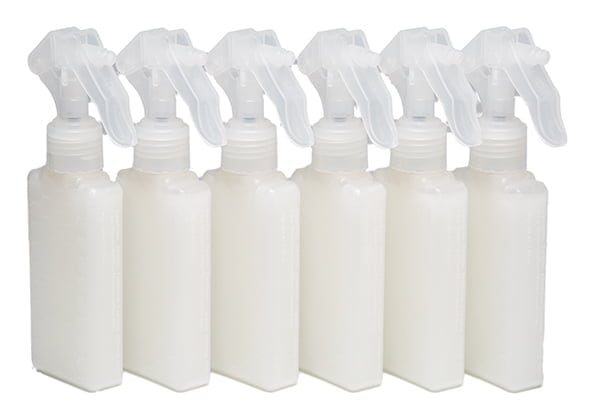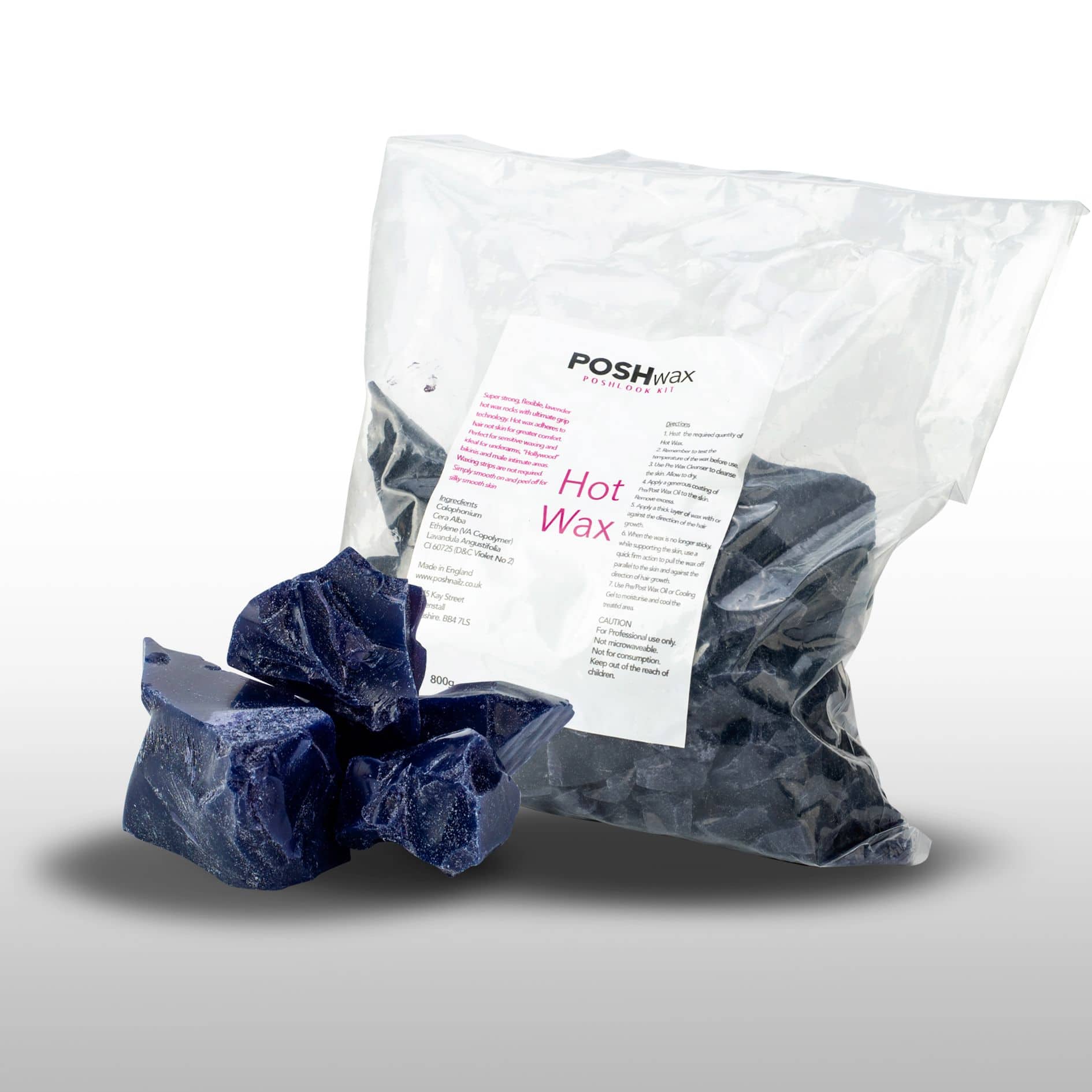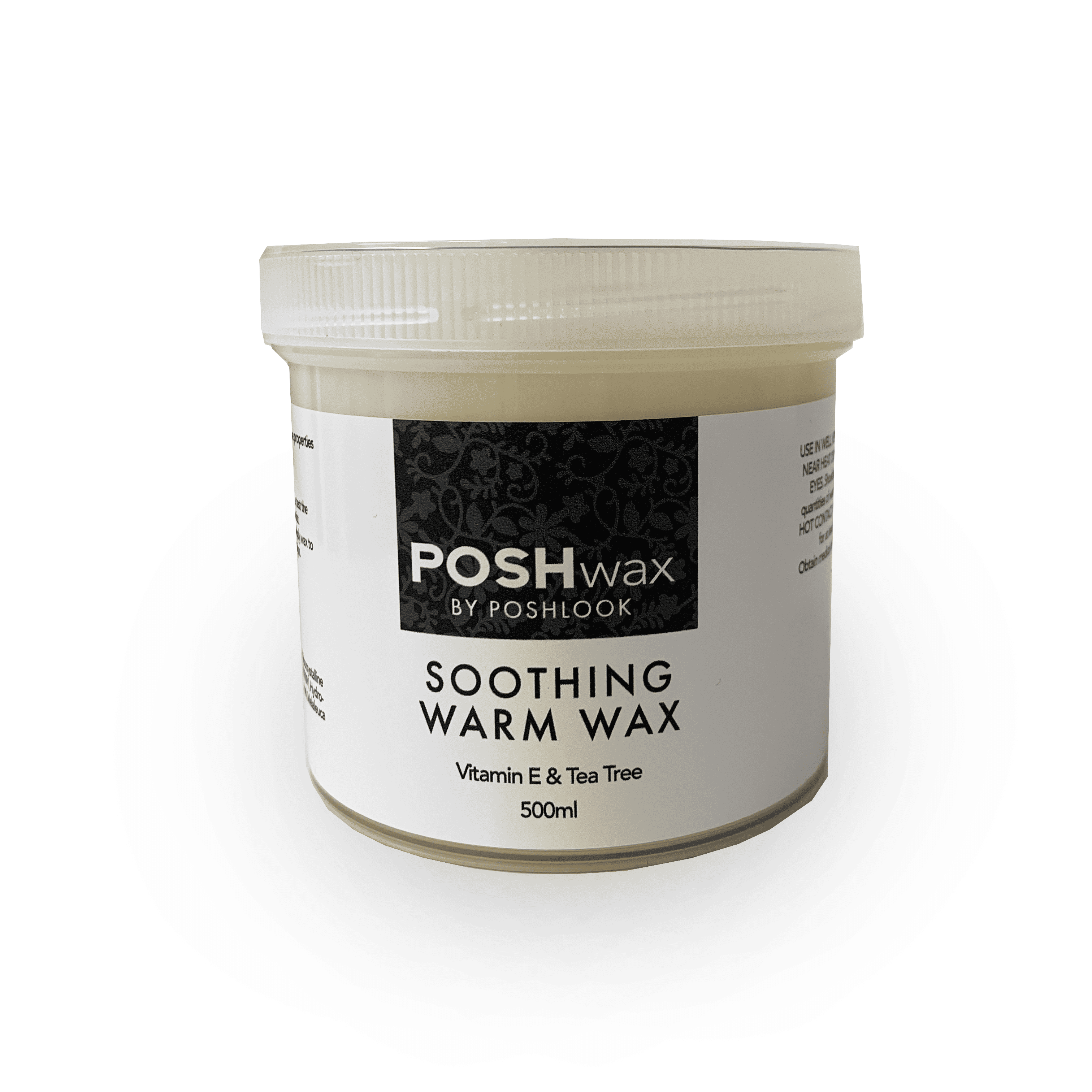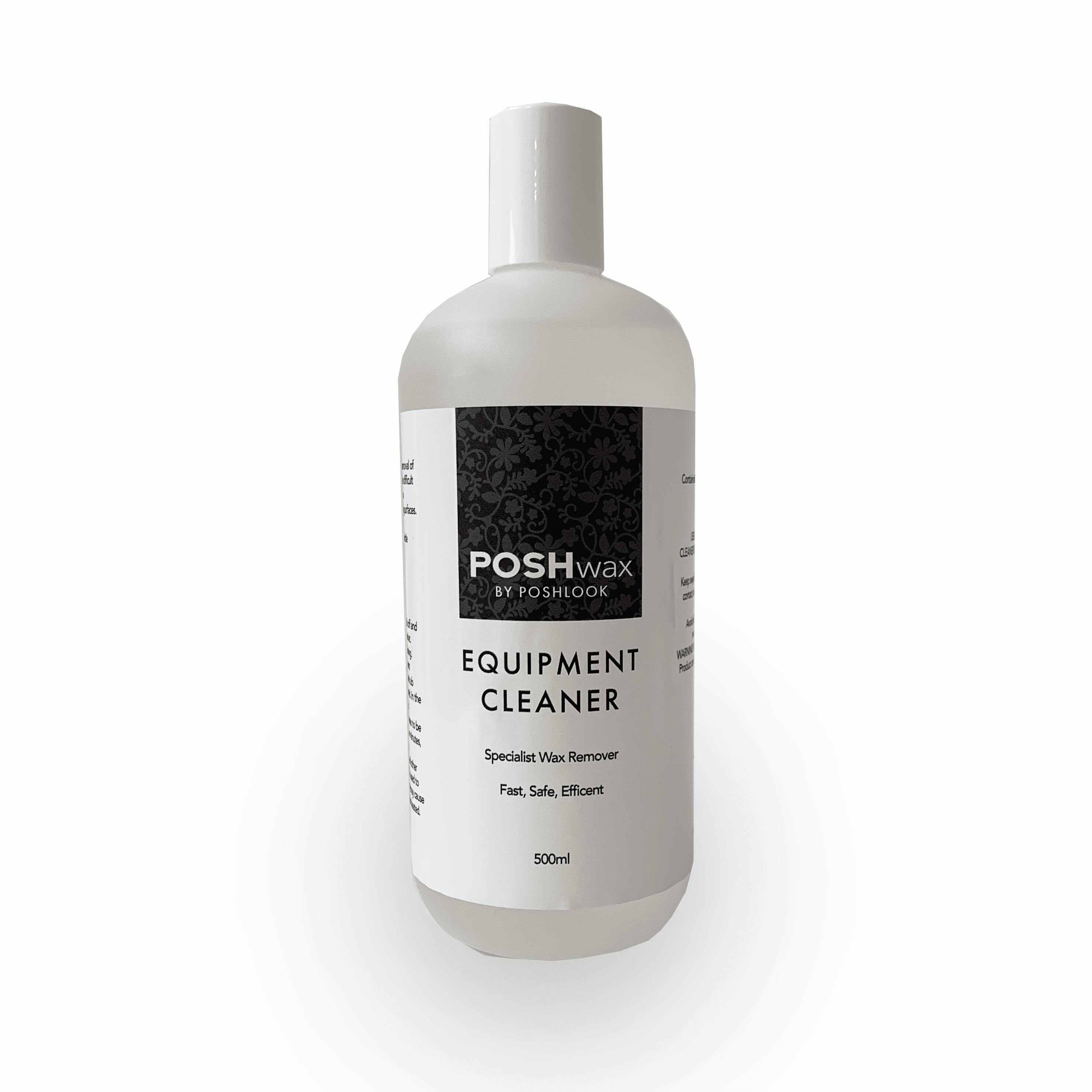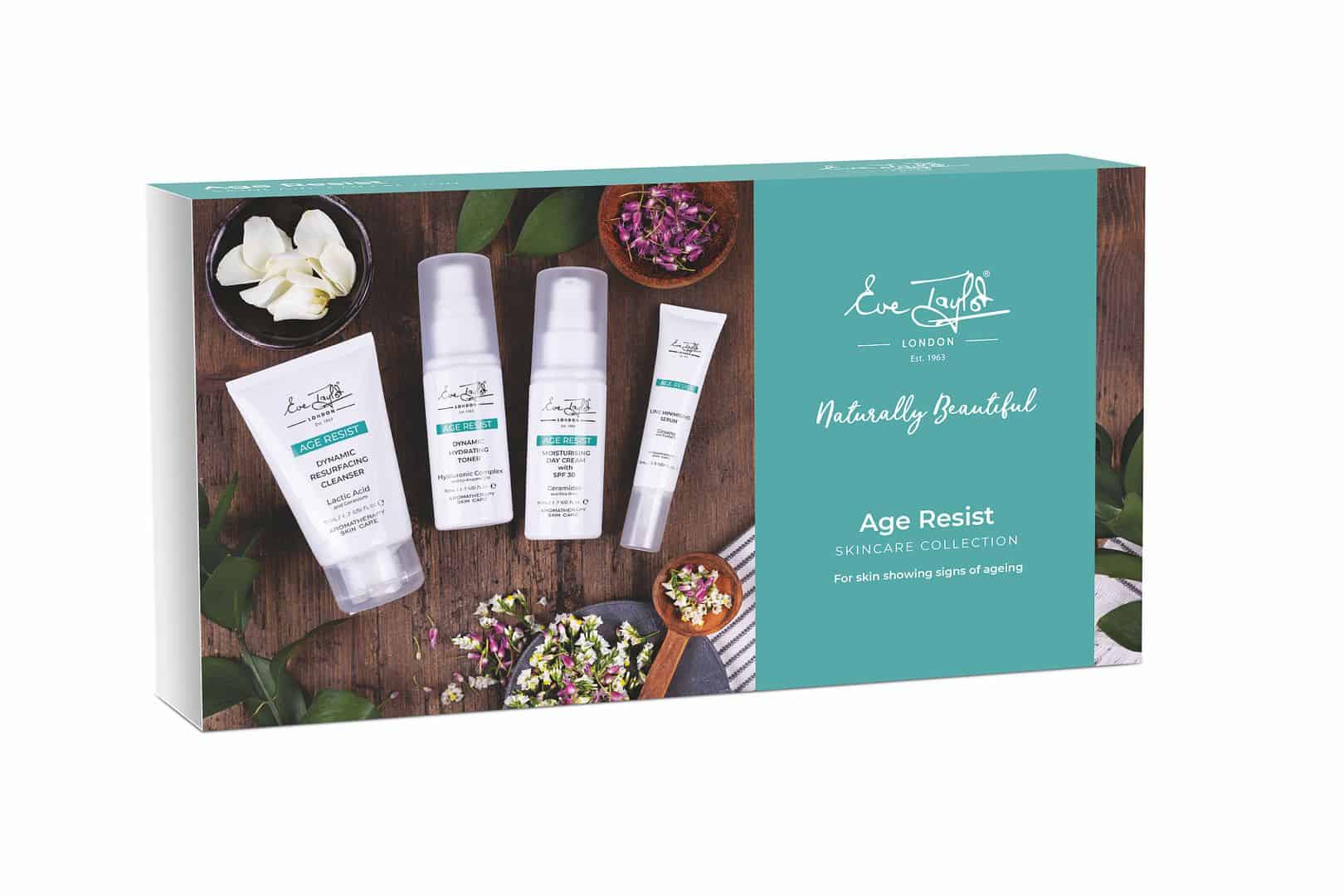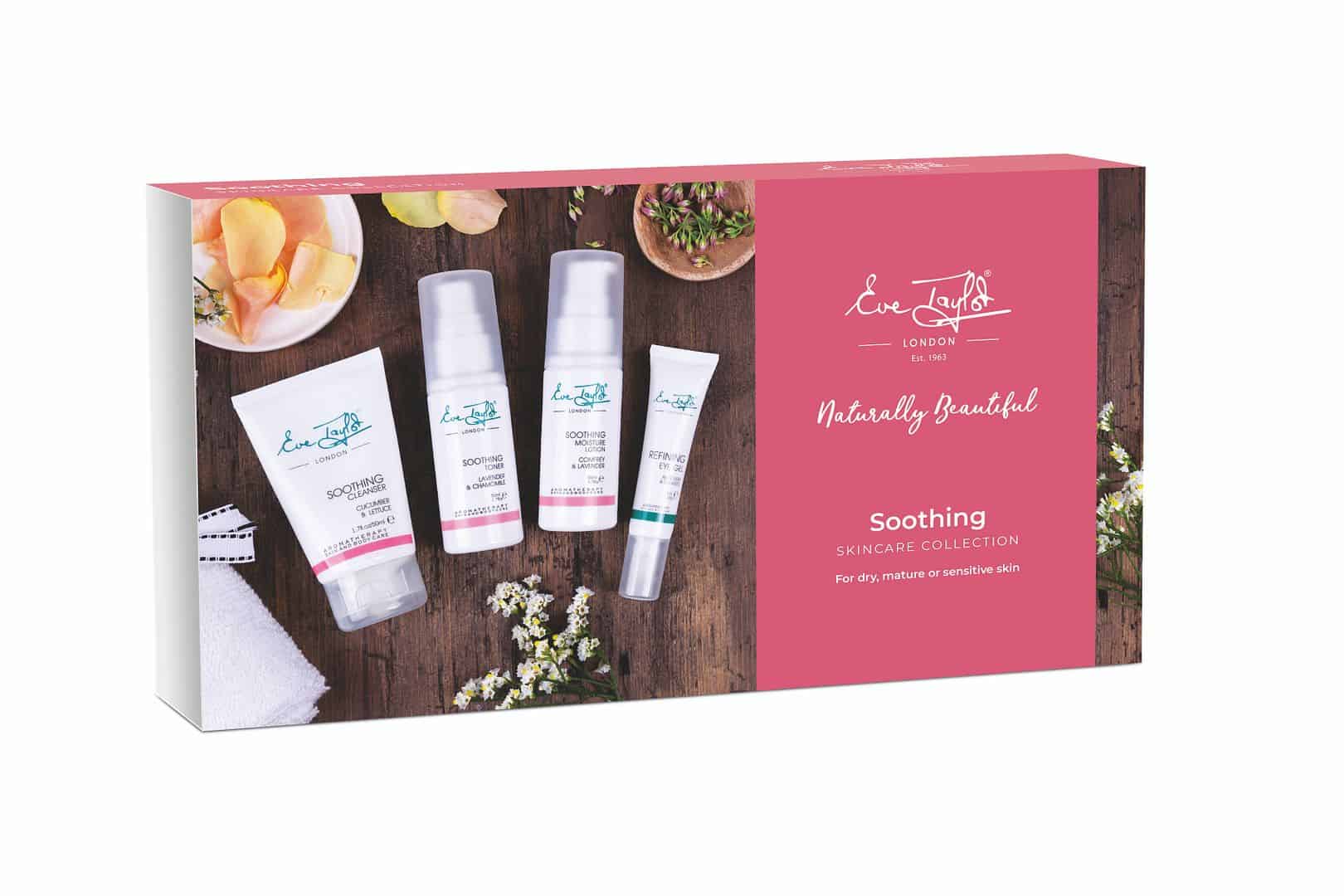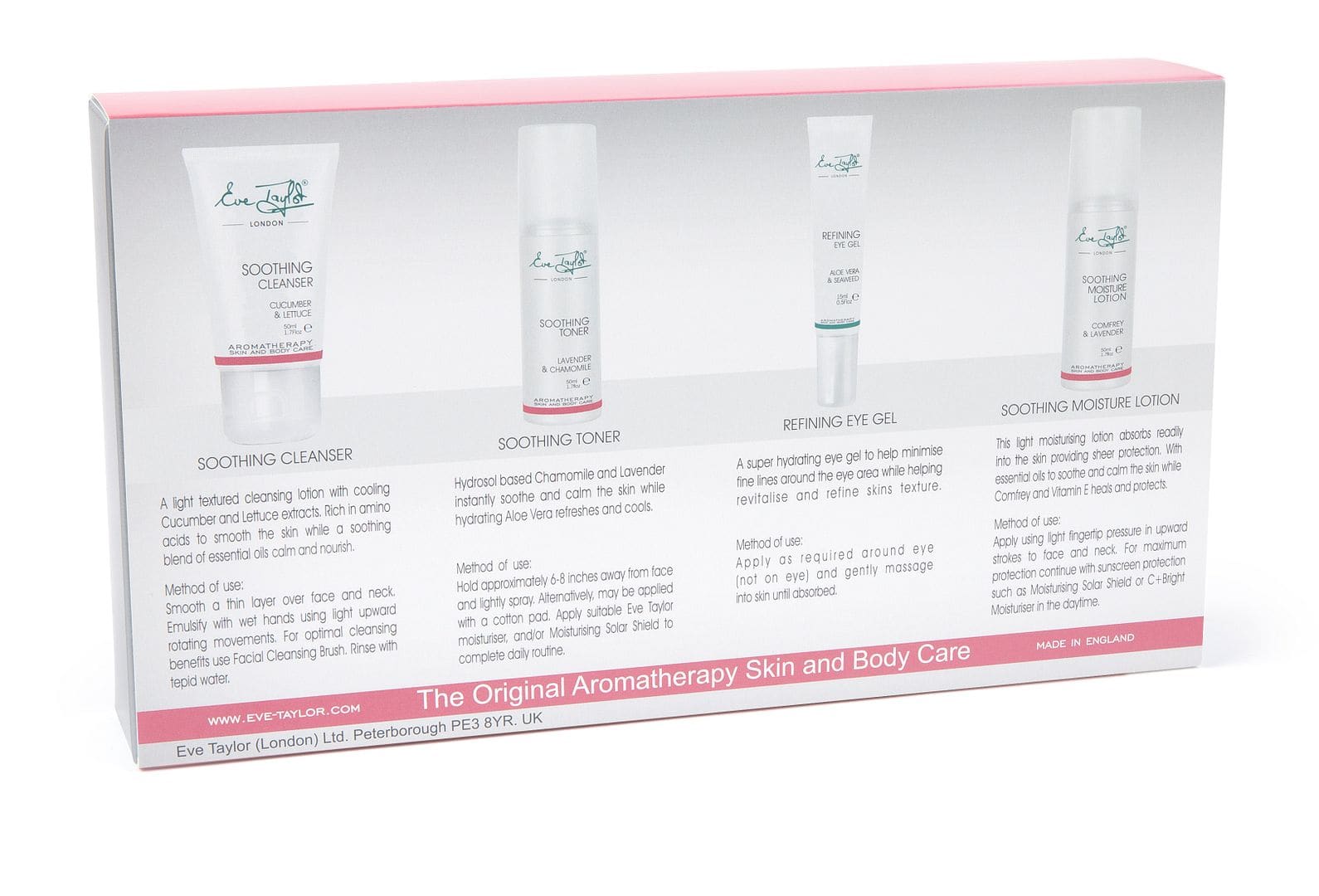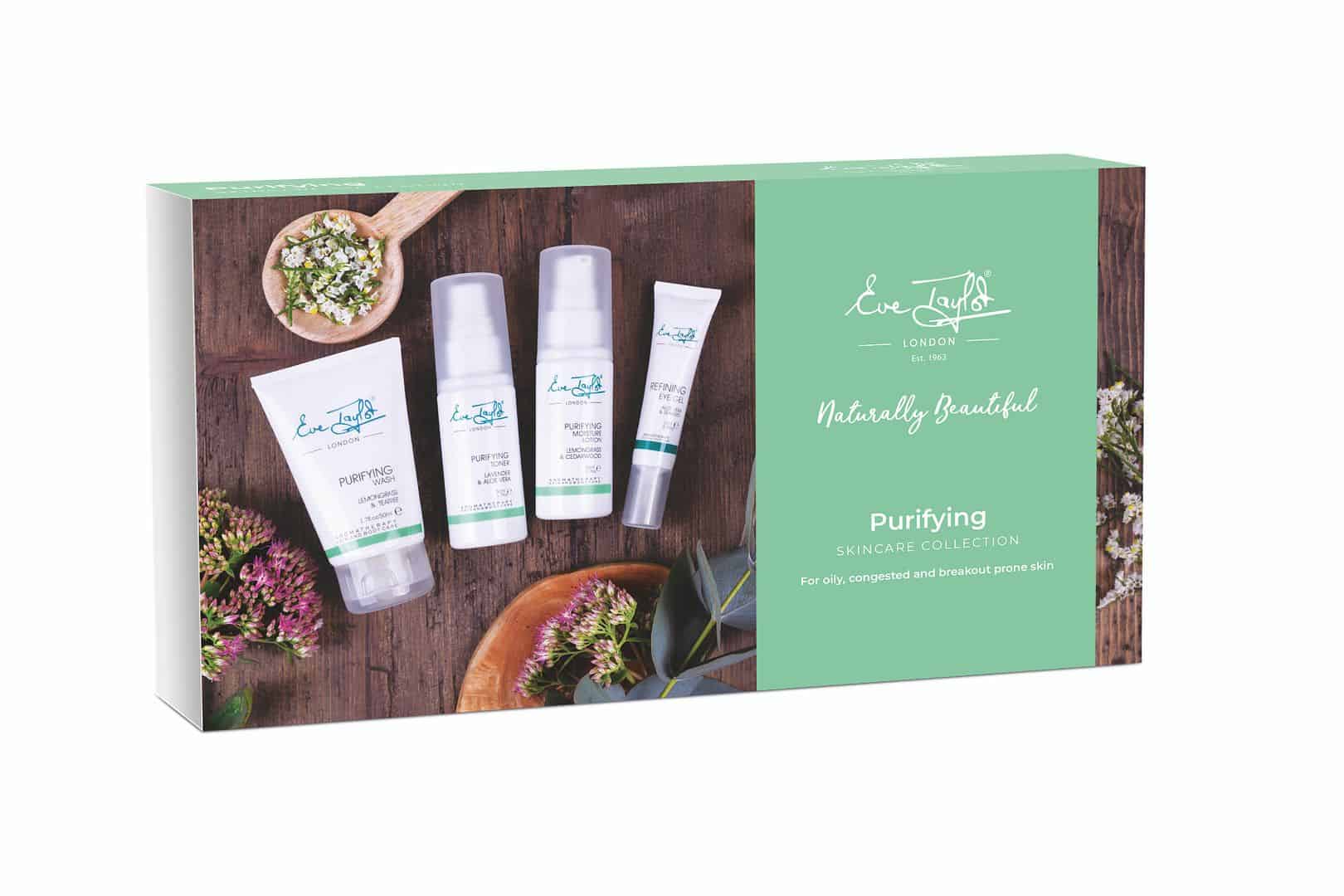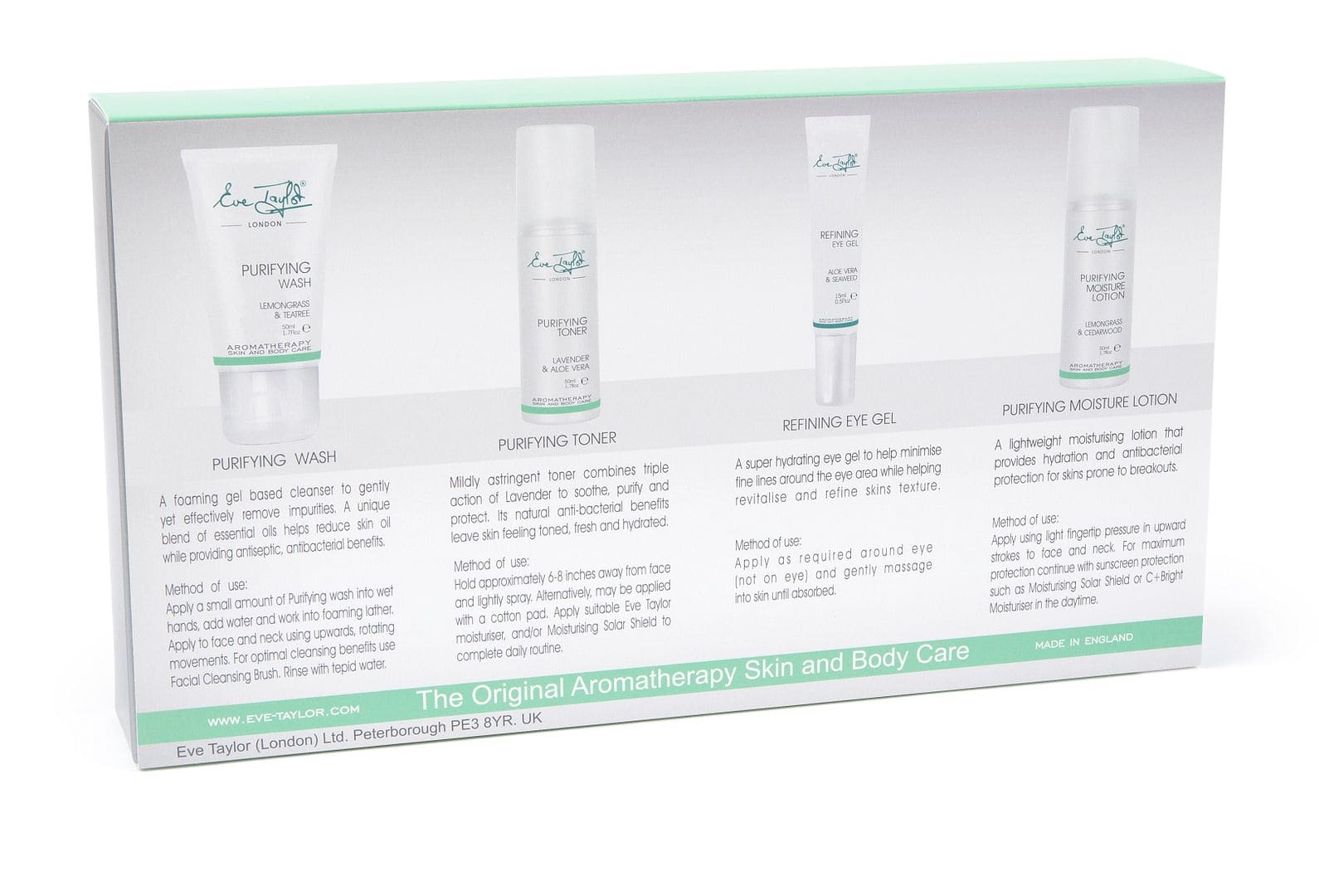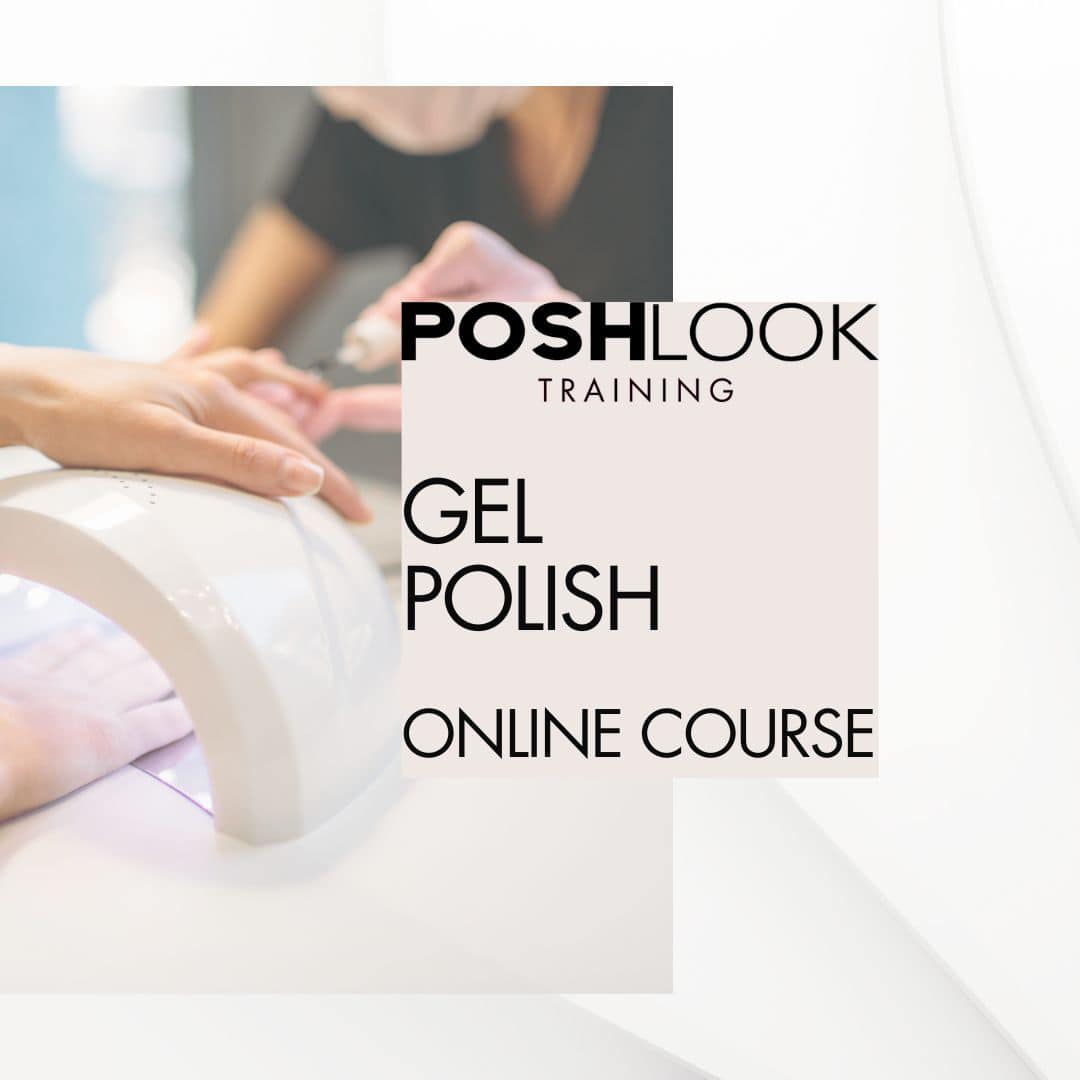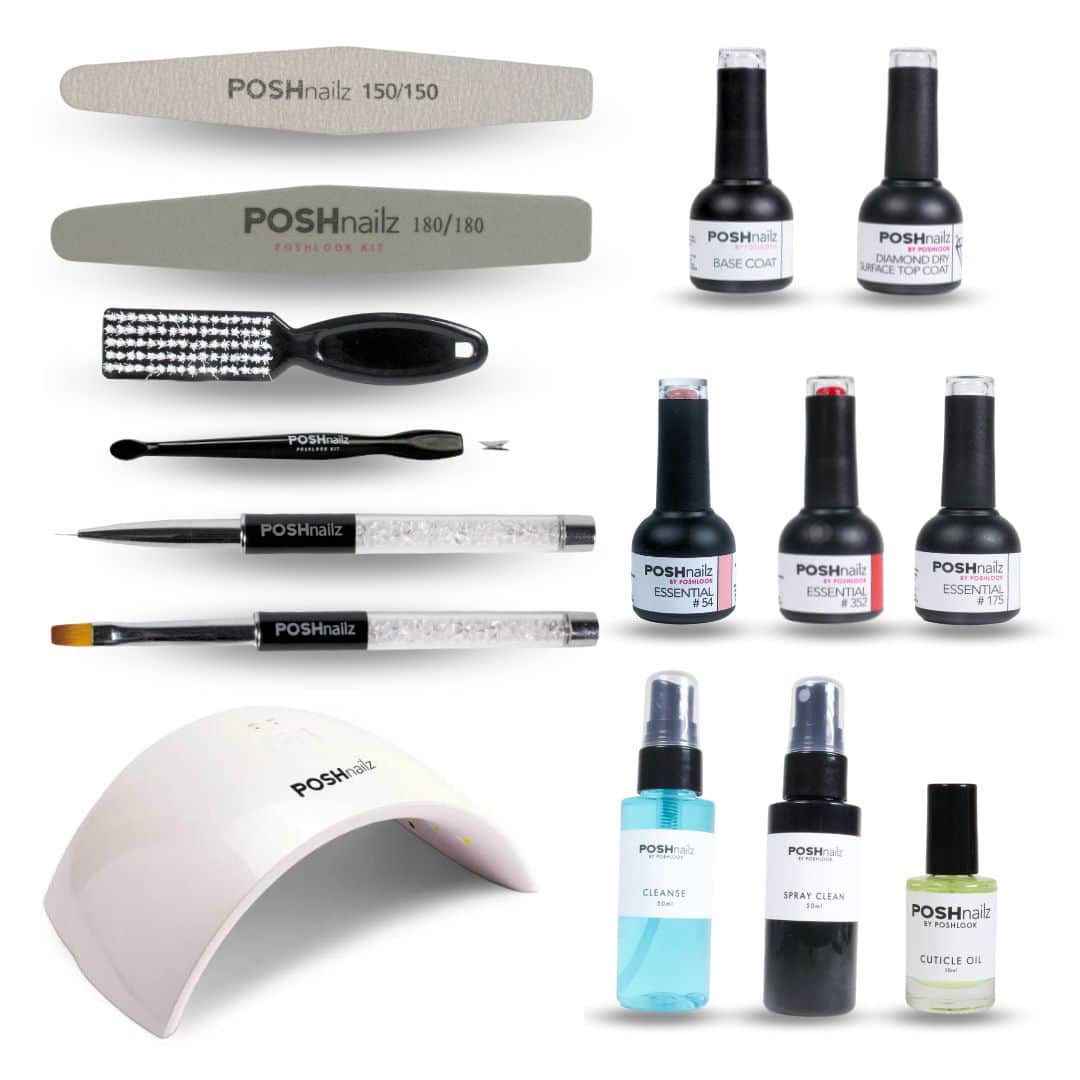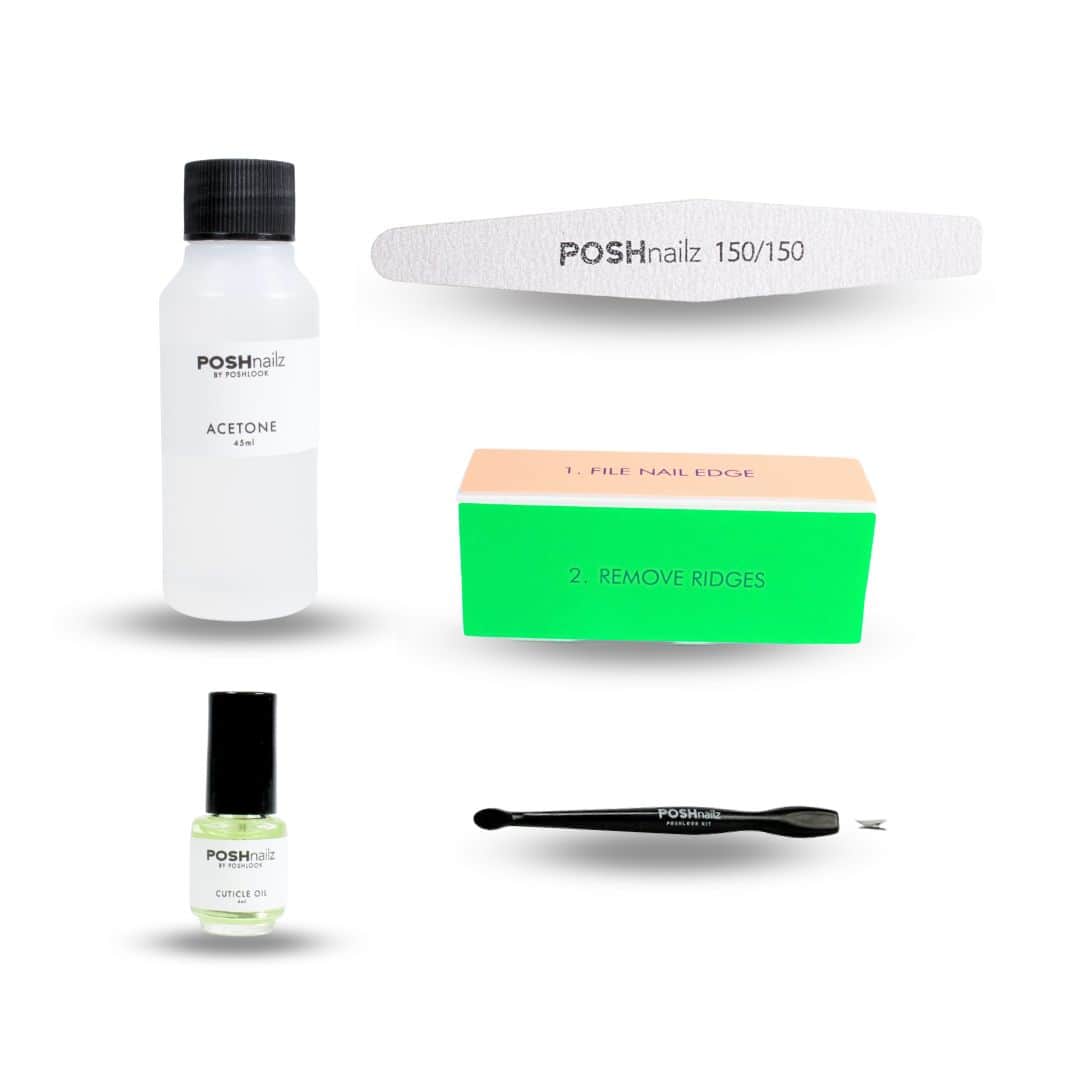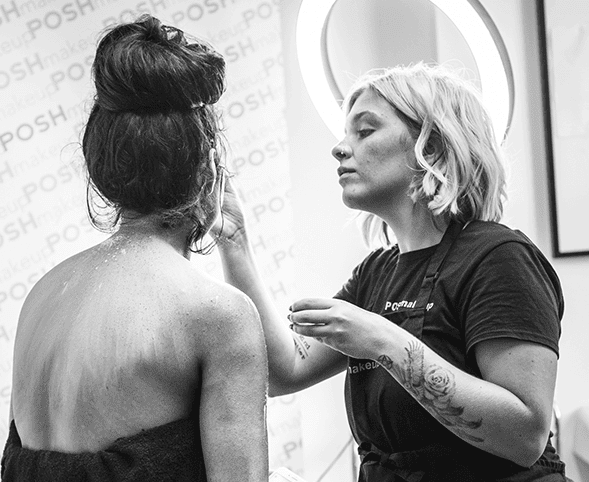[vc_row][vc_column][vc_column_text]
You’ve made your decision! You want to devote your time to becoming a makeup artist — but how do you get there?
Sure, you can advertise yourself on Facebook or practise on friends and family, but will you learn all you need to know about makeup artistry?
Here, we take a look at what qualifications you need to become a makeup artist:
1. NVQ In Makeup Artistry
An NVQ is a work-based learning qualification that develops a person’s skills, so they’re ready for the working environment. Throughout the course, the student will have to demonstrate they have the required skills, knowledge and understanding to succeed.
Therefore, Makeup Artistry NVQs are perfect for people who want structured, practical learning that can be measured across a certain period of time.
The benefits of NVQs are:
- You get a recognised makeup qualification, which makes you more appealing to employers and clients
- You’re ready for work as soon as you qualify, whereas classroom-based learning requires further training
- You qualify based on competency — so if you pass, you know you’re good enough!
- You get trained by professionals who have many years of experience in the industry
You’ll learn skills in various areas and will take the following modules:
- Airbrushing — learning how to use an airbrush kit to apply makeup; popular in film, theatre, bridal makeup and sunless tanning
- Face and body art — creating striking and exciting looks for events and parties
- Fashion & photography makeup — working in a fast-paced environment, learning how to apply makeup in natural and controlled lighting, and how to work with a fashion team
- Special effects makeup — applying creative thinking to makeup artistry in order to develop unique cosmetic looks. Popular in the horror film industry, where characters need to look gory
- Henna — applying temporary, decorative body art, which gained popularity in Africa and Asia before coming to Europe
- Product & service promotion — promoting products as a freelancer or salon worker
- Client Care & Communication — developing client relationship handling skills, as well as how to manage appointments and develop the necessary skills required to work in a salon or run a business
- Day/Night/Occasion Makeup — learning what the distinction between each type is, and how to apply them with confidence
- Health & safety — abiding by regulations and advice that keep you and your clients safe
Always check with the course provider whether they provide any kit and how much. Buying your own stuff is expensive, so it’s always good to know you don’t have to!
There will also be a cost attached to any course you do, if there isn’t, you should check the credibility of the organisation or person who is offering it. You’ll often have to apply for an Advanced Learner Loan if you’re over 18 and aren’t applying through a college — but it’s paid back like a student loan because it’s funded by Student Finance.
A course bursary may also be available to you that could help with the cost of childcare/travel or equipment.[/vc_column_text][vc_row_inner][vc_column_inner][vc_single_image image=”1271″ img_size=”full” alignment=”center”][/vc_column_inner][/vc_row_inner][vc_column_text]
2. Makeup Artistry HND
The least common way of qualifying to become a makeup artist. You’ll study the same modules you study at NVQ level, and there’ll be a certain amount of work experience involved.
This route is ideal if you want to go to university and study a fashion or beauty related degree (there’s a degree in international spa management?!), but if you’re interested in becoming an MUA, it isn’t the best way to do it.
You’ll study a blend of art, IT, makeup and business modules such as:
- Record of Historical Make-Up Make-Up
- Information Technology in Business
- Communications
- Managing A Small Business
- Fashion Cutting & Restyling
- Fashion Effects
- Production Study Make-Up
- Art & Design
- Client Psychology
Consider this route if you’re interested in fashion makeup, visual media or theatrical studies.
3. No Qualifications!
Unless you want to be a doctor or lawyer, you can start a career in many professions without any qualifications — and makeup artistry is one of them!
Most importantly, you need to develop your skills, so you need to find enough people to practise on and remember not to rush yourself. Becoming an amazing MUA is a process, just because you’ve been applying makeup for 10 years, it doesn’t make you a pro.
It’s possible to build your skills and portfolio and learn on the job, but it takes a lot of determination and commitment, and you have to be able to sell your brand; which is you! If you can’t resist the temptation to go it alone, start thinking about the best way to make yourself appealing.
A lot of MUA’s go freelance who don’t have qualifications because it’s a ‘portable job’. But remember you need to build your cosmetics collection: brushes, palettes, sponges, eyeliner, foundation for all skin tones — expensive!
And you’ll need a makeup case to carry your equipment, it doesn’t look professional turning up with a standard makeup bag.
Which Route Will You Choose?
When you’re considering becoming an MUA, think about the best route for you. Don’t do what everyone else does. If you think you can go it alone, go it alone. Need support? Get it! It’s your decision.[/vc_column_text][vc_row_inner el_class=”blog-cta”][vc_column_inner][vc_column_text el_class=”cta”]
Do you want to start 2019 by learning a new skill?
Posh Nailz offer various, high standard courses that help you on your way to create you own profession career in the beauty industry. For course start dates for our training centres contact us now.
Sign Up Now [/vc_column_text][/vc_column_inner][/vc_row_inner][/vc_column][/vc_row]











